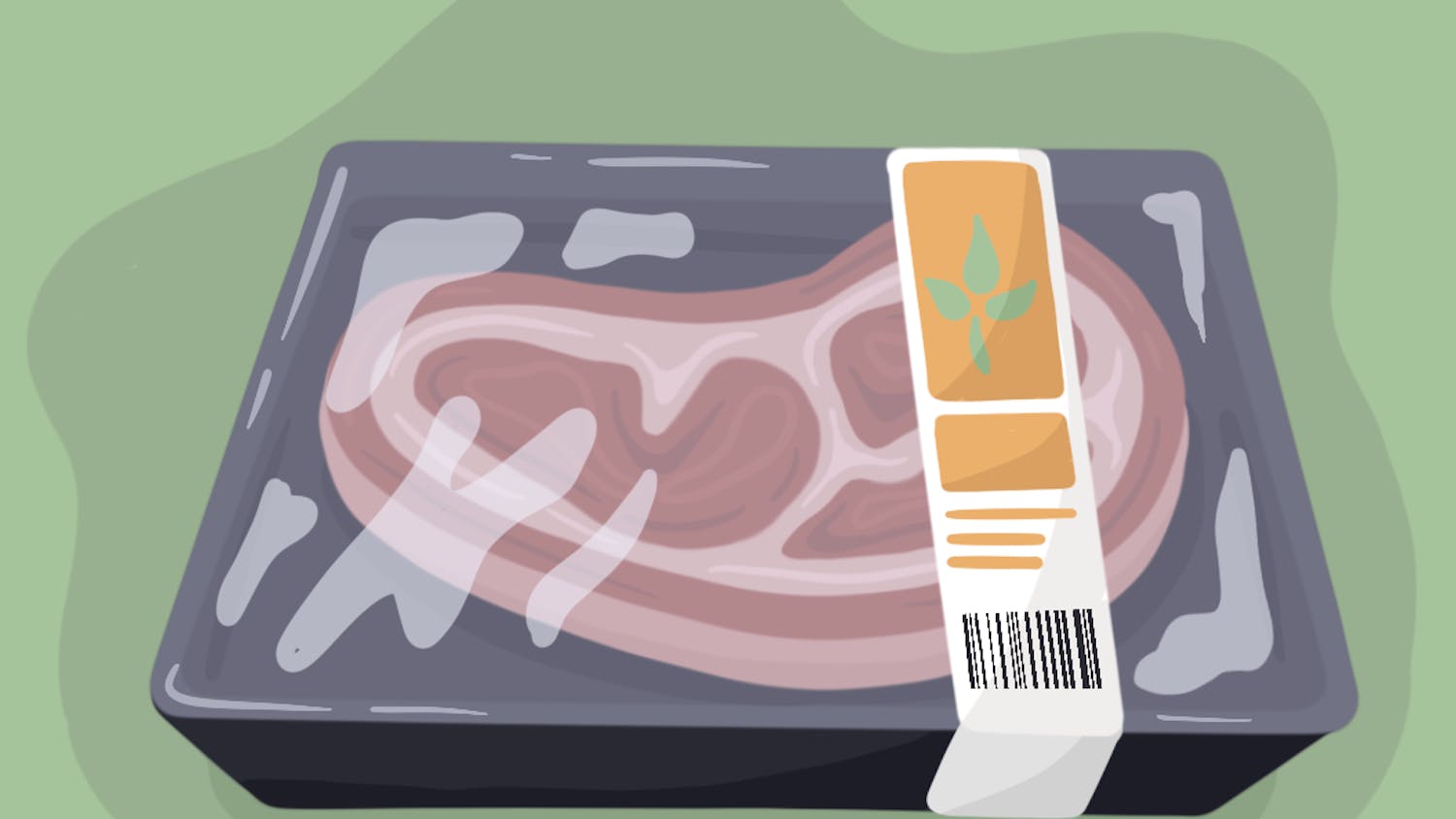Wheat production decreases as temperatures rise
After nearly five years of study, UF researchers have predicted that for every degree global temperatures increase, wheat production will decrease about 6 percent.
The study came after the researchers collaborated with scientists in 15 countries and used a combination of simulations and statistical methods. The three methods all produced similar results, making them accurate on a global scale, said Senthold Asseng, a UF professor and the leader of the study.
“In a way, it was positive in general, because it gives us confidence that what we do probably makes sense,” Asseng said.
He said the predicted decrease in wheat production will present challenges as the global population increases.
The simulations focused on wheat, Asseng said, because it is one of the world’s most important food crops and provides 20 percent of the calories humans consume.
In the future, scientists plan to expand the study to focus on crops such as maize, rice and soybeans, and they also plan to include other factors besides temperature increase. Asseng said he also hopes to secure direct funding or a grant for their research, which it currently lacks.
“It has been very difficult for us to get funding, even though I think we are doing really important things, and we are quite successful at delivering results,” he said.
- Nealy Kehres
UF develops technique that detects salmonella more quickly
A team of UF researchers have developed a method of testing that detects salmonella more quickly in foods.
In a recent study, researchers used a signal amplification technique when looking for traces of the bacteria’s presence in foods. Salmonella is an intestinal
bacteria found on contaminated food such as meat, poultry and eggs. It can cause food poisoning and other illnesses.
Soohyoun Ahn, an assistant professor in UF’s Institute of Food and Agricultural Sciences, has been working with pathogen testing for more than 15 years. She said the study is one of the first ones she knows of that uses signal amplification and involves using higher signals to improve testing sensitivity.
“Scientists have worked to improve detection of salmonella and many others pathogens, and any improvement from current detection systems can help enhance public health and food safety,” Ahn said.
Having already compared the amplification technique to other methods, Ahn said they will now test this method for other types of food products or other foodborne pathogens.
- Rosanne Ramraj
Researchers warn beekeepers to protect their bees from pesticides
UF professors are advising Florida beekeepers to protect their hives from aerial sprays. The sprays are responsible for killing mosquitoes in an effort to stop the spread of the Zika virus.
The recommendation came earlier this month after 2.5 million bees were killed in South Carolina as a result of spraying Naled, a pesticide that kills all insects that come into contact with it.
The purpose of the aerial spraying of pesticides like Naled is to eliminate the spread of Zika, said William Kern, an associate professor of urban entomology at the UF/Institute of Food and Agricultural Sciences Fort Lauderdale Research and Education Center.
Kern said commercial beekeepers working on agricultural lands are less susceptible to damage from these sprays because mosquitos are more likely to be present in residential places.
“Backyard beekeepers in residential areas are the ones that are at the greatest risk,” he said, “so they’re the ones that really need to think about how they’re going to protect their hives.”
Backyard beekeepers can help protect their bees by covering hives with cardboard during spraying or using biological pesticide BTI instead of Naled.
- Molly Vossler






